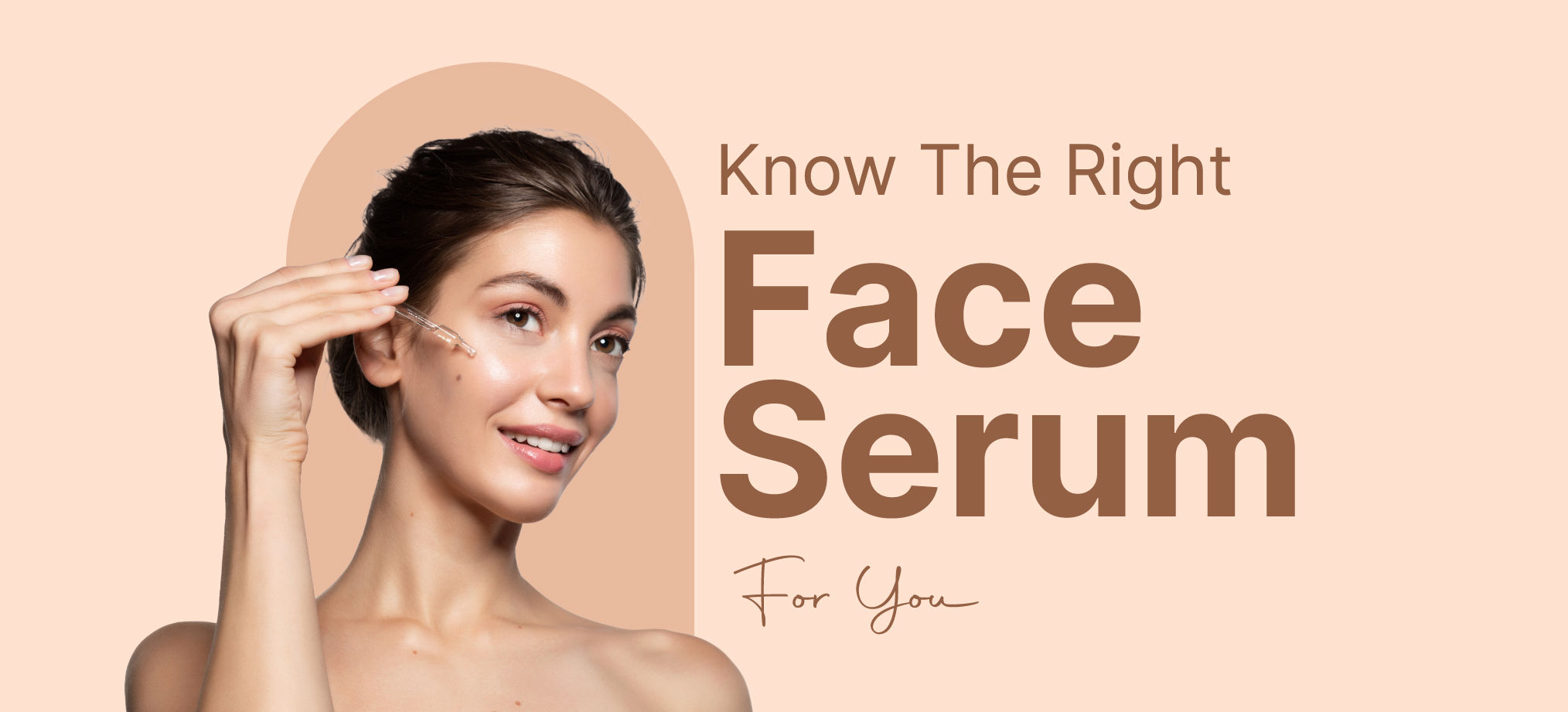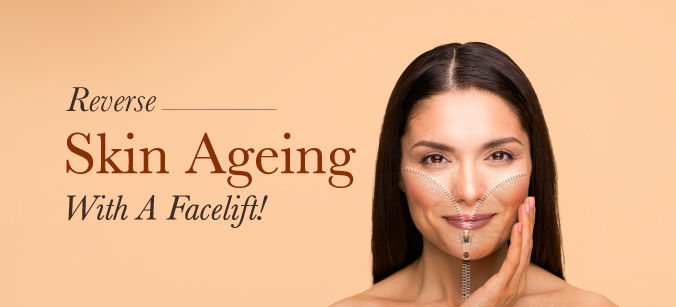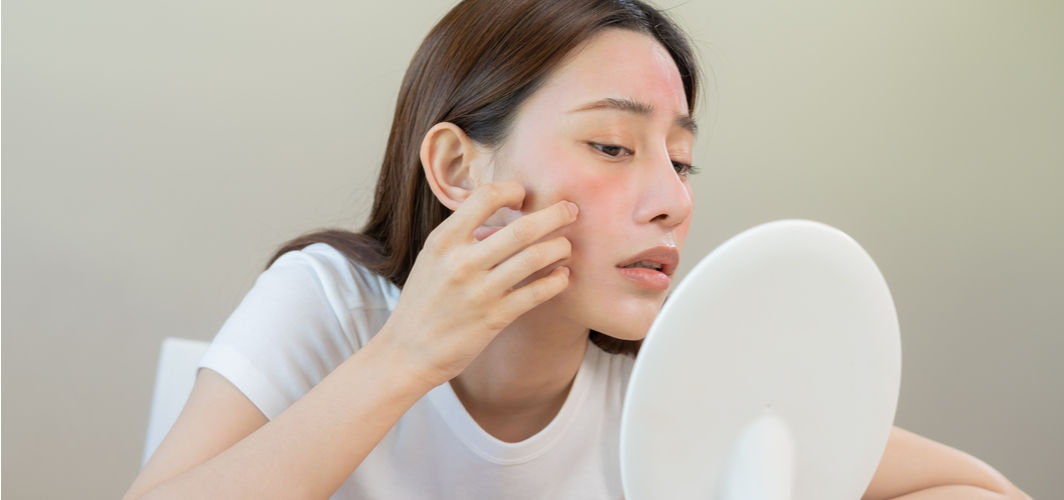Skin Care
Which Face Serum To Choose? Know The Ingredients & Their Health Benefits
4 min read
By Apollo 24|7, Published on - 15 February 2023, Updated on - 20 April 2023
Share this article
0
2 likes

The first step towards healthy, radiant skin has to be understanding what your skin needs. If you are looking for a way to keep your skin healthy and youthful, then a face serum may be the perfect addition to your skincare routine. But before that, you must know what ingredients are present in your serum and how each one is beneficial to the skin. If you are wondering where to get started, here is your guide on how to choose the right Face Glow Serum based on your skin type and get the desired outcome. Take a closer look at the different ingredients found in face serums to know how they can help you get glowing skin.
1. Hyaluronic Acid
Hyaluronic acid acts as a humectant, which means it absorbs water from the surroundings and hydrates the skin. Serums containing hyaluronic acid make the skin supple, smooth and free of early signs of ageing, such as wrinkles and fine lines.
2. Vitamin C
Vitamin C is a powerful antioxidant that helps with cellular repair, healing of the wound, fighting inflammation and promoting collagen production. The more collagen your skin has the tighter your skin would feel. Vitamin C serum also helps brighten the skin tone and balance the uneven skin tone.
3. Retinol (Vitamin A)
Retinol is known to produce collagen, encourage cell turnover and shed dead skin cells, resulting in firmer and plumper skin. Retinol serums are also hailed as anti-ageing agents as they reduce the signs of ageing such as dark spots and blemishes.
4. Alpha Hydroxy Acids (AHAs)
AHAs are natural acids and chemical exfoliators that help to keep your complexion clear and vibrant. They are naturally derived from citrus fruits like lemons and oranges, which help promote exfoliation.
5. Peptides and Ceramides
Peptides contain amino acids that encourage cellular repair of the skin and increase collagen production in the body, making the skin supple and smooth. On the other hand, ceramides help strengthen the skin’s protective barrier and lock in moisture.
6. Salicylic Acid
Salicylic acid is a beta-hydroxy acid (BHA) that helps remove dead skin cells, thereby reducing redness and inflammation and correcting excess sebum production. It is a useful ingredient to clear out acne and blackheads.
7. Glycerin
Glycerin has been clinically known to improve skin hydration and restore the skin's natural plumpness, bounce, and balance.
It is important to read the labels on face serums and make sure that the ingredients are non-toxic before using them. It is advised to avoid formulas that contain synthetic fragrances, parabens, sulphates and other harsh chemicals as these can be irritating to the skin or cause other side effects. For more personalised guidance, reach out to skin-care experts who can help you find the perfect product for your skin.
Consult Apollo's Dermatologist
FAQs
Q: What is a face serum?
A: A face serum is a topical product, designed to help hydrate and nourish the skin. It typically contains active ingredients that can help improve the appearance of the skin.
Q: What are the benefits of using a face serum?
A: Face serums can help improve skin tone and texture, reduce wrinkles, and protect, hydrate, and nourish the skin.
Q: Is a face serum necessary for good skin care?
A: Although a face serum may sometimes seem non-essential for skin care, it can help improve the overall appearance of your skin by considerable standards.
Q: How often should I use a face serum?
A: It is recommended to use a face serum twice a day in the morning and evening, right after you cleanse your face and before you moisturise to lock in the goodness.
Q: Does face serum have side effects?
A: Slight burning or tingling sensation, itching, redness and irritation are some of the side effects. If the side effects persist even after the serum has been absorbed into the skin, seek a dermatologist's advice.
Consult An Apollo's Dermatologist
Medically reviewed by Dr Sonia Bhatt.
Skin Care
Leave Comment
Recommended for you

Skin Care
Reverse Skin Ageing With A Facelift! Read Everything About It
Facelifts are a safe way of rejuvenating your skin. It can solve several skin ageing signs such as removing sagging skin from your face and removing deep folds and crease lines.

Skin Care
Rosacea Acne: Definition, Causes, Triggers, Symptoms, Treatments & Prevention
Discover rosacea acne, a chronic skin condition, along with its causes, triggers, symptoms, treatments, and prevention strategies.

Skin Care
Are Hypoallergenic Cosmetic Products Good For You?
Hypoallergenic cosmetic products contain substances that are less likely to cause allergic reactions. Read to know more.
Subscribe
Sign up for our free Health Library Daily Newsletter
Get doctor-approved health tips, news, and more.
Recommended for you

Skin Care
Reverse Skin Ageing With A Facelift! Read Everything About It
Facelifts are a safe way of rejuvenating your skin. It can solve several skin ageing signs such as removing sagging skin from your face and removing deep folds and crease lines.

Skin Care
Rosacea Acne: Definition, Causes, Triggers, Symptoms, Treatments & Prevention
Discover rosacea acne, a chronic skin condition, along with its causes, triggers, symptoms, treatments, and prevention strategies.

Skin Care
Are Hypoallergenic Cosmetic Products Good For You?
Hypoallergenic cosmetic products contain substances that are less likely to cause allergic reactions. Read to know more.